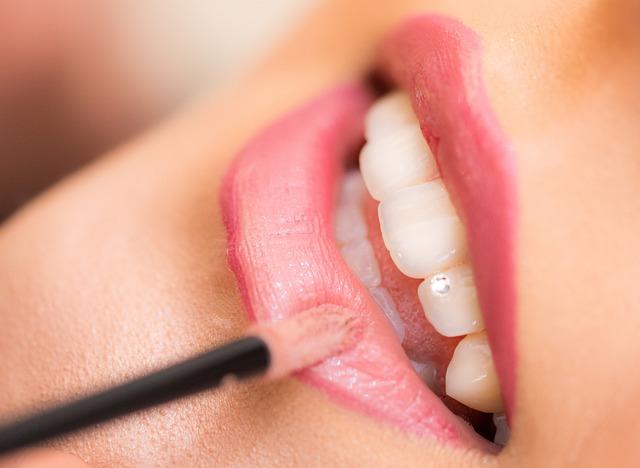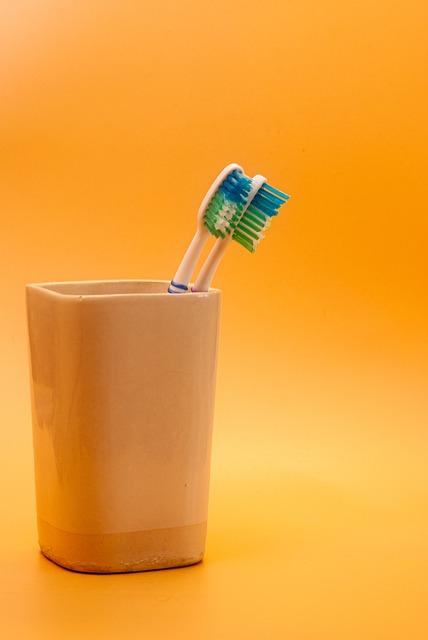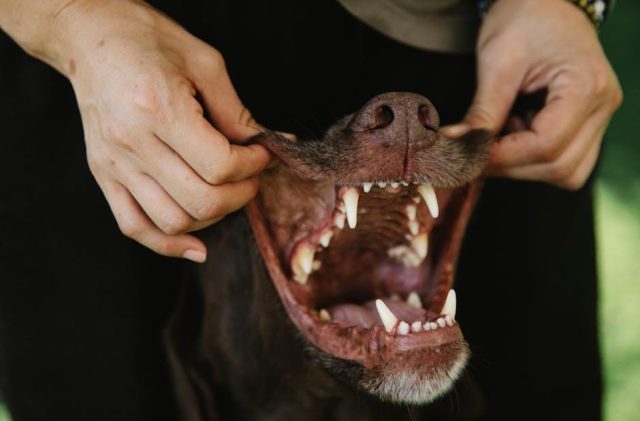In the cozy corners of our homes, where wagging tails and gentle purrs bring daily joy, there lies an often-overlooked aspect of pet care: dental health. Just like us, our furry companions can face a myriad of dental issues that, if left unchecked, may lead to discomfort or more serious health concerns. As pet parents, understanding these dental dilemmas is crucial to ensuring our pets lead happy, healthy lives. In this article, we’ll explore the signs of dental problems in pets and the treatments that can help restore their bright, playful smiles. So, let’s embark on this journey to better understand our pets’ dental needs, bringing them one step closer to optimal well-being.
Spotting the Subtle Signs: How to Recognize Dental Issues in Your Furry Friend
Our furry companions often hide their discomfort, making it crucial for us to be vigilant. While you might not immediately notice, there are several subtle signs that can indicate dental issues in your pet. Watch out for:
- Bad Breath: A persistent foul odor could be more than just “dog breath” and may signal an underlying problem.
- Reluctance to Eat: If your pet hesitates or drops food while eating, it might be due to oral pain.
- Pawing at the Mouth: This behavior can indicate discomfort or irritation in their gums or teeth.
- Drooling: Excessive drooling, especially if it’s new, can be a sign of dental distress.
Being attentive to these signals and scheduling regular check-ups can help prevent more serious health issues. After all, ensuring your pet’s comfort and well-being is a true act of love.
Decoding Dental Distress: Common Problems and Their Causes
Our furry friends can experience a range of dental issues, each with its own set of causes. Periodontal disease, for example, is alarmingly common and stems from plaque buildup leading to inflammation and infection. Tooth fractures can occur from chomping on hard objects or during playful antics gone awry. Gingivitis, another frequent offender, often arises from poor oral hygiene and can be a precursor to more severe conditions.
- Bad breath: Often a sign of underlying dental issues.
- Difficulty eating: Could indicate pain or discomfort in the mouth.
- Excessive drooling: Sometimes linked to oral problems.
- Swollen gums: A clear indicator of inflammation.
Understanding these causes helps us better care for our pets. Regular check-ups and a balanced diet can be powerful allies in maintaining their oral health. Embracing a proactive approach ensures those tail wags and purrs remain joyful and pain-free.

Gentle Solutions: Effective Treatments for Pet Dental Health
When it comes to ensuring your furry friend’s oral health, gentle solutions are often the most effective. Regular brushing with pet-safe toothpaste is a fantastic start, but there are other simple treatments that can make a big difference. Consider incorporating dental chews or toys designed to reduce plaque and tartar buildup. These not only keep your pet entertained but also help maintain their dental hygiene.
For pets with more sensitive mouths, you might explore water additives that freshen breath and fight bacteria. Natural supplements, such as those containing enzymes, can also be beneficial in breaking down harmful plaque. Remember, the goal is to keep your pet comfortable while preventing dental issues from escalating. Always consult with your vet to tailor these solutions to your pet’s specific needs.
- Regular brushing with pet-safe toothpaste
- Dental chews and toys
- Water additives for fresher breath
- Natural enzyme supplements

Bright Smiles, Happy Pets: Tips for Preventive Care and Maintenance
Our furry friends rely on us to keep their pearly whites in top shape. Regular dental care is essential for their overall health, and there are some key indicators that can help you catch issues early. Look out for signs like bad breath, discolored teeth, and swollen gums. These can be early warnings of dental problems that might require attention. If you notice your pet is reluctant to eat or play with toys, it might be time for a dental check-up.
Preventive care can go a long way in maintaining your pet’s dental health. Here are a few tips to keep those tails wagging and purrs coming:
- Regular Brushing: Use pet-specific toothpaste and brushes to gently clean their teeth.
- Dental Treats and Toys: These can help reduce plaque and tartar buildup while keeping your pet entertained.
- Routine Vet Visits: Schedule regular dental check-ups with your vet to catch any issues early.
- Balanced Diet: Ensure your pet’s diet supports their dental health with the right nutrients.
By incorporating these practices, you’ll help your pets maintain a healthy smile and avoid potential dental treatments.


































